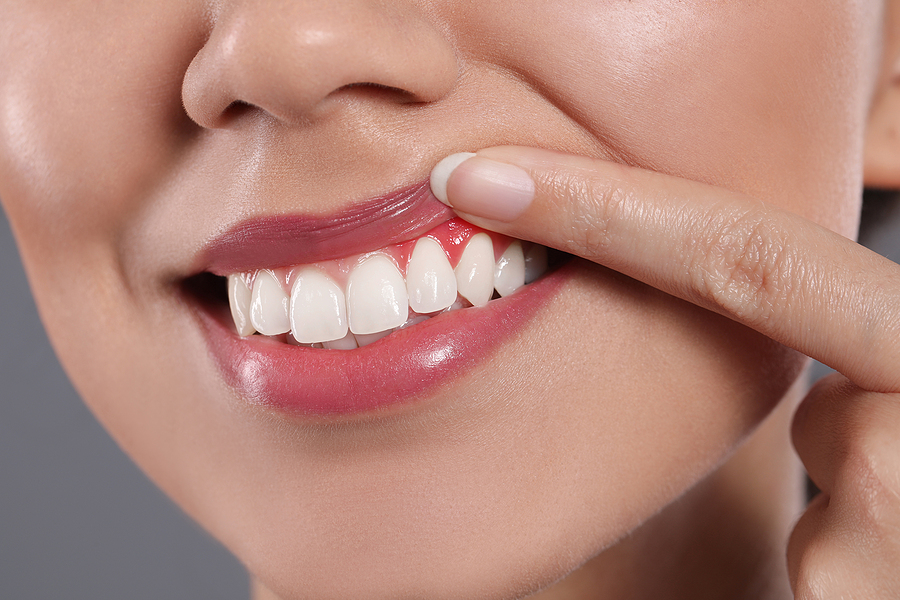
6 Bad Habits That Can Damage Your Smile
Good oral hygiene is the practice of keeping one's teeth clean to prevent cavities, enamel wear, and gum disease. It is generally recommended to brush your teeth twice daily, floss at least once daily, and visit your dentist every six months for a checkup and professional cleaning. However, there are certain habits that can damage our oral health. Here are some of them.
Using Teeth As Tools
Opening packages with your teeth can damage them, so try to always use scissors or regular pliers instead. The same goes for tearing open plastic bags or bottles — use your hands!
Chewing Ice Cubes
Ice cubes are a common ingredient in many drinks we consume throughout the day, including iced tea and cocktails. These frozen pieces of water can be extremely harmful to our teeth because of the added pressure they put on our enamel when we chew on them. The pressure can cause chips or cracks in our tooth enamel that may require protective layers of porcelain veneers. The cold temperature of ice also causes blood vessels to shrink, which can cause sensitivity and even pain. This is because the nerves in our mouths are also sensitive to cold temperatures. This can also be another cause of sensitive teeth, and when it's experienced frequently, it can turn into a painful condition known as "dentin hypersensitivity."
Frequent Snacking
When snacking, it's important to consider what you're putting in your mouth. Many people eat mindlessly and don't realize how much damage is being done to their tooth enamel over time. In fact, the abrasiveness of certain foods and drinks can wear down the tooth enamel, increasing the risk of decay or cavities.
Thumb Sucking
Thumb sucking is an oral habit that can lead to a variety of issues for your child's teeth if not stopped by parents or caregivers. While it is common for babies to suck their thumbs as a soothing mechanism when children continue the behavior past the age of 5, it can result in shifting of the teeth and altered bite development. Typically, when thumbs are continuously sucked, the back molars are pushed forward into the mouth, and the upper jaw narrows. This can cause the teeth to become crowded and may even cause permanent teeth to come in behind baby teeth. As this oral habit continues, it can cause misalignment of the upper and lower jaw or even create problems with the functioning of the tongue.
Teeth Grinding
Excessive teeth grinding (also known as bruxism) can damage teeth and cause TMJ disorder. The condition is most commonly caused by stress, although there are cases where it may be a result of certain medications or sleep disorders such as sleep apnea. To treat it, your dentist may recommend wearing a night guard while you sleep to cushion the jaw and prevent the teeth from coming into contact with each other. Other treatments include stress management exercises, muscle relaxants, and Botox injections or surgery to correct misalignment of the jaws.
Brushing Too Hard
While brushing is essential for maintaining a healthy mouth, it's important to remember that overbrushing or aggressive brushing can damage your oral health. When we brush aggressively, we are essentially wearing down the enamel on our teeth. This can lead to discoloration and sensitivity – both of which can severely affect the appearance of your smile over time. If you are concerned about the health of your teeth, visit your dentist for a professional cleaning and checkup. They will be able to accurately assess the state of your oral health and offer personalized advice based on your individual needs.
Schedule an appointment with Arden Dental Center to learn more about taking care of your oral health. We are located at 531 E. Roosevelt Road, Suite 100, Wheaton, IL 60187. Contact our team at (630) 529-0303 or visit our website to book a consultation.
Office Hours
MON9:00 am - 5:00 pm
TUE9:00 am - 3:00 pm
WED9:00 am - 5:00 pm
THU10:00 am - 6:00 pm
FRI - SAT8:00 am - 1:00 pm
SUNClosed






comments